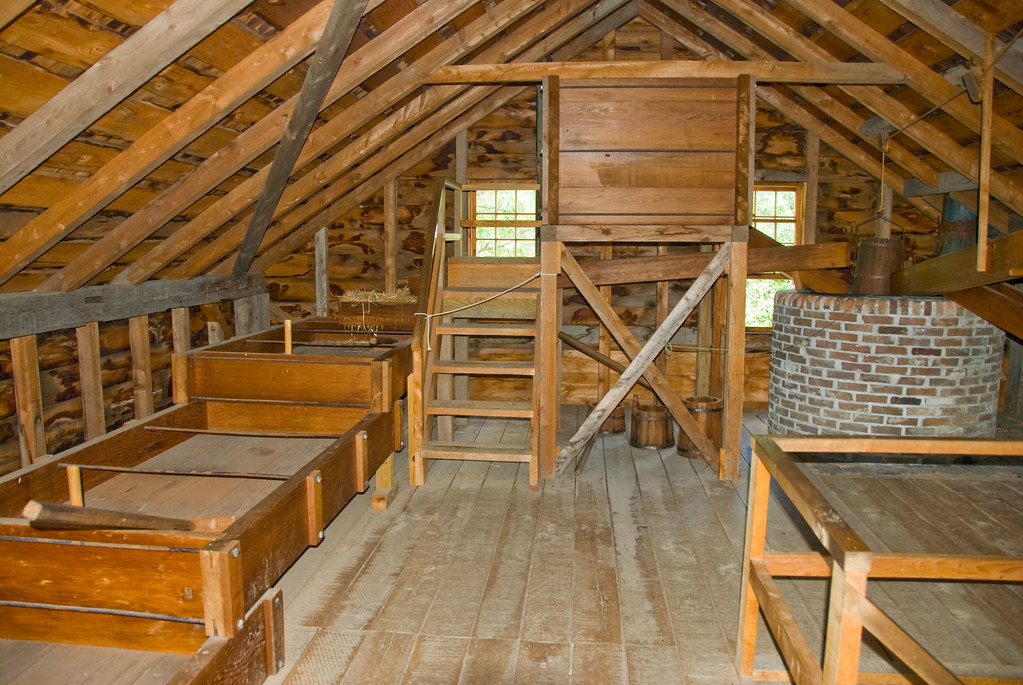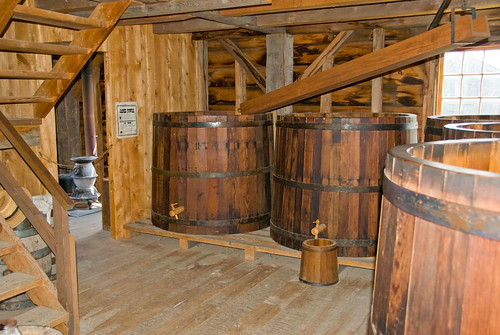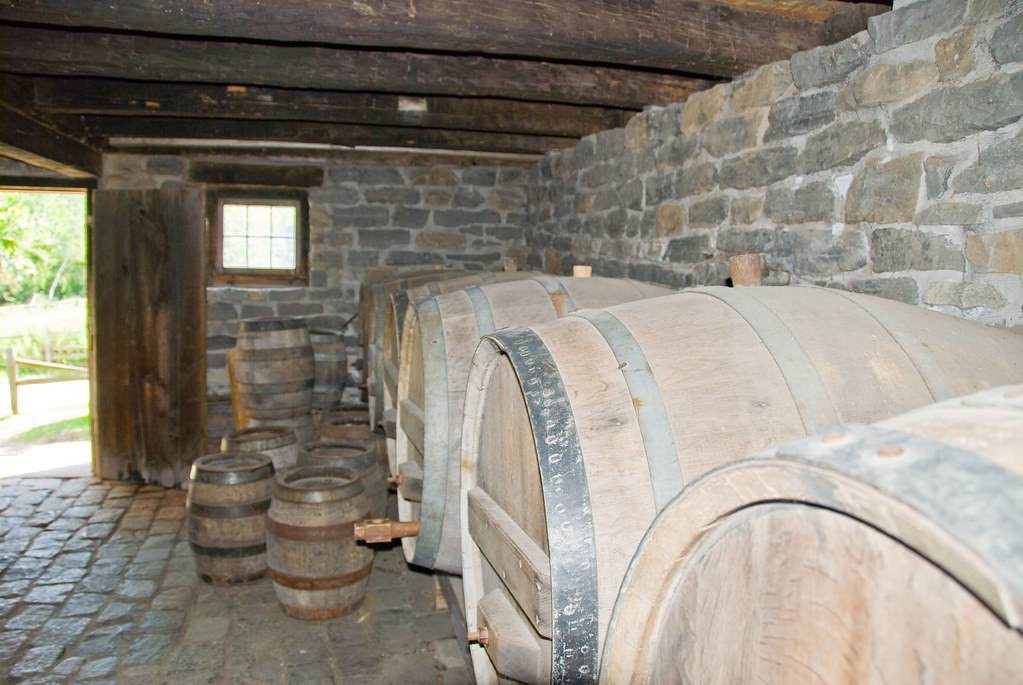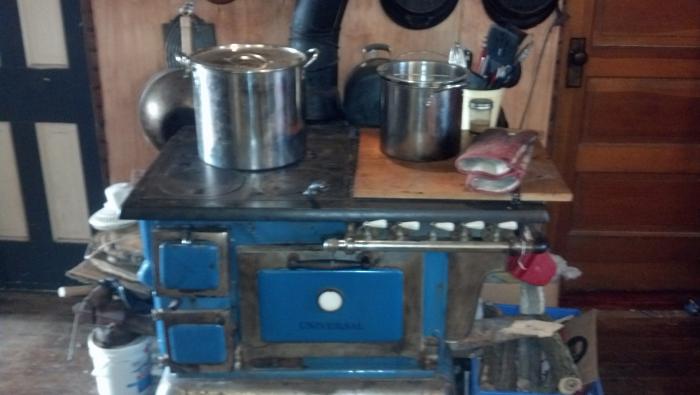Since this thread has been resurrected, I'll share my wood fire brewing experience.
A couple of years ago, a buddy of mine and I decided that there was no reason we couldn't mix brewing and camping. We brought along a brew kettle, muslin bag, hops & pre-crushed malt, yeast, sanitizer, and a corny, and set about to do BIAB over a campfire in a national park.
Well, it turns out that it takes a *lot* of wood to boil 5 gallons of water on a fire pit grate. Fortunately, (OK not really, but it was fortunate for us at the time) the forests here in Colorado had just been plagued with pine beetles, and so there were nearly unlimited amounts of firewood, free for the taking. Nice, green, smoky, cool-burning firewood.
It took us a couple of hours, but we finally got a mash going. We didn't bring a thermometer--we just estimated that the strike water was at about hot-but-not-scalding coffee temperature, and mashed in. After an hour, we pulled the grains, stoked the fire again, and went for a boil. Three very smoky hours later, we finally got a rolling boil, added hops, and boiled for another hour. Throughout the whole process, we were generating enough smoke that lots of campers and several rangers came by to make sure that we weren't burning the forest down! But in the end, we finished up, transferred the still-scalding wort into a sanitized corny, and sealed it up. Even though it was starting to get dark, we made sure to clean everything up the best we could, and disposed of the grains in the campsite's locking dumpsters.
Good thing, too! The next morning, the ranger came by & asked us if we'd had to share any of our beer. With who? The bear that had been rummaging through the campsite the night before! I guess he couldn't smell wort through the keg though, because he didn't bother us a bit. We added the yeast the now-chilled wort that morning, sealed it up, and hauled everything back down the mountain.
Two weeks (and a number of corny CO2-blowoffs) later, we ended up with a nice, smoky brown ale. I wouldn't necessarily *recommend* a campfire over a modern burner, but it can make some pretty good beer!

































![Craft A Brew - Safale S-04 Dry Yeast - Fermentis - English Ale Dry Yeast - For English and American Ales and Hard Apple Ciders - Ingredients for Home Brewing - Beer Making Supplies - [1 Pack]](https://m.media-amazon.com/images/I/41fVGNh6JfL._SL500_.jpg)


































